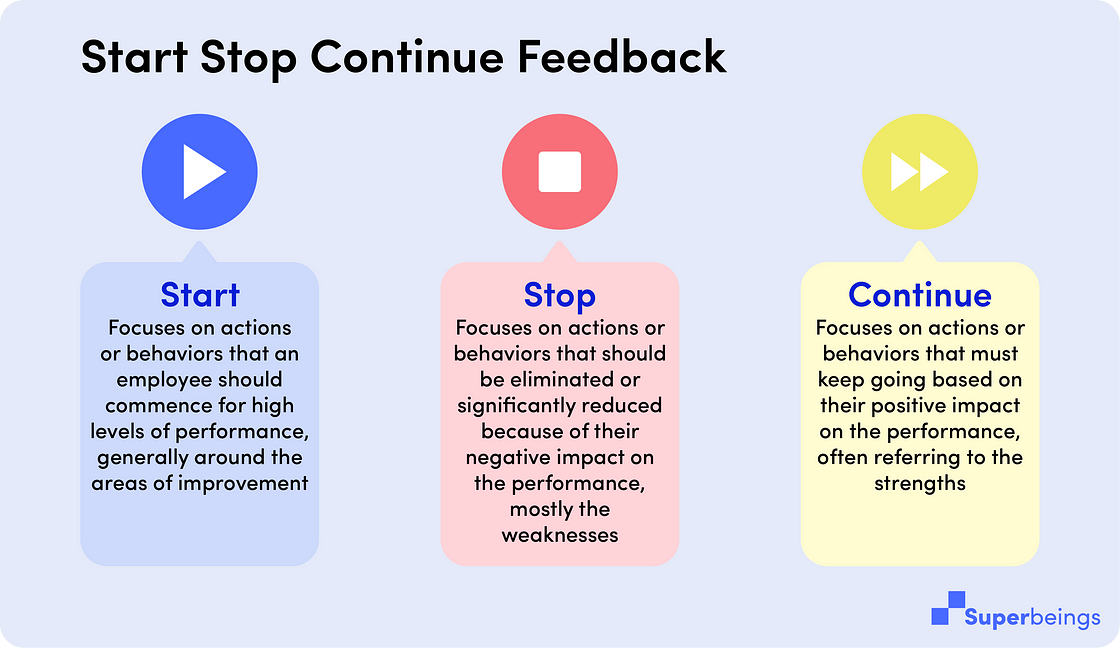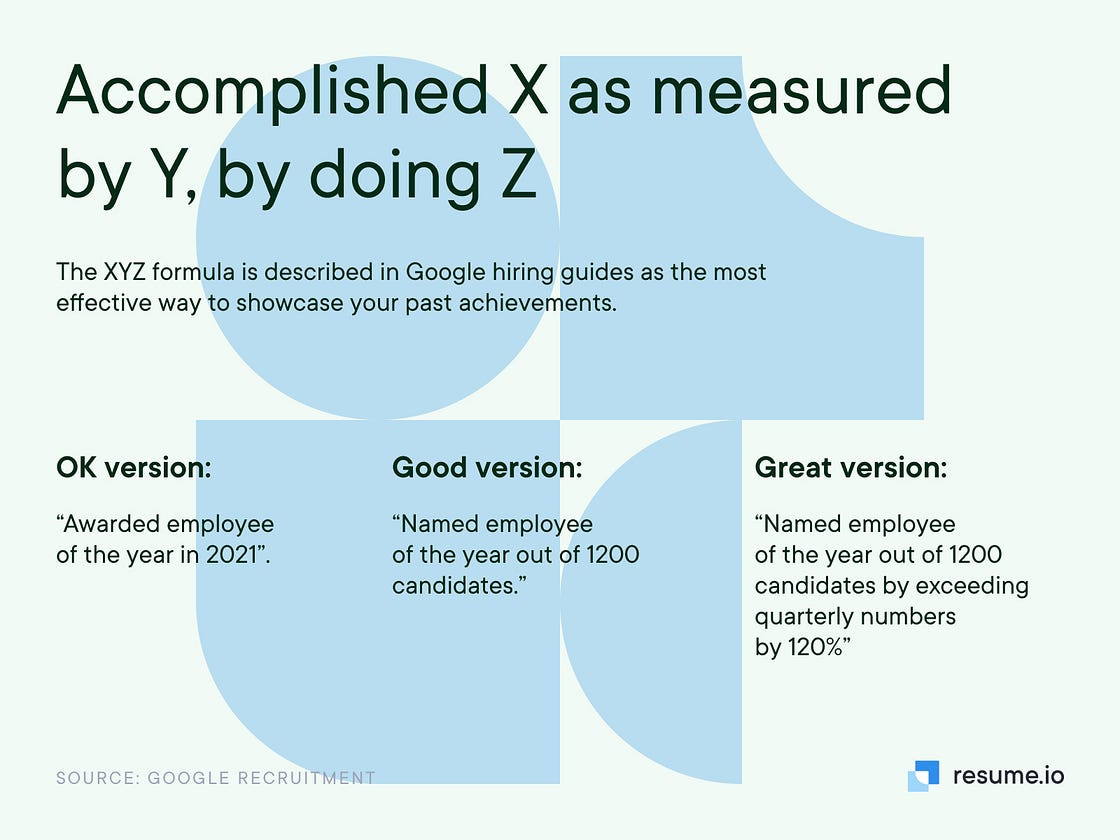Succeed this summer internship
Tips from a rotational Product Manager.
Starting a new internship or rotational program can be both exciting and intimidating. As a rotational Product Manager, I change teams every six months and am learning strategies to onboard quickly so I make the most of each opportunity. I hope students starting an internship or rotational program will find these tips especially helpful.
Define your goals and align with your manager.
Ask for feedback early and often.
Ask questions.
Learn to talk about your wins.
1. Define your goals and align with your manager.
Your manager will have mentored a number of employees in their career, each with different goals and strengths. In your first weeks, take the time to build a relationship with them and get clarity on what you’re both hoping to achieve. This makes the experience more rewarding for everyone.
What should they know about you? How do you like to receive feedback? How do you like your success to be recognized? What are you hoping to learn by the end of the internship? What are your larger career goals? These are things you and your manager can discuss.
Ask your manager to tell you about the expectations for your role, too. Unlike classes where rubrics and assignments are handed to you by professors, you’ll need to take initiative to set really clear goals. What skills do I need to demonstrate to be successful in this role? How will my performance be measured? What milestones is the team expecting to hit while I’m here? These are some questions you should be able to answer.
At the start of your internship, work together to identify goals. Your goals should be ‘SMART’, so you’ll know when you’ve achieved each milestone. This is a great opportunity to identify stretch goals, too, (outcomes that are beyond expectations) so that you and your manager are clear on what you’re working towards and what is feasible for the internship.
Let’s take a project management intern as an example — in this role, you’ll need to help keep your team on track. Imagine the team has been struggling to deliver projects on-time and in-scope because teams aren’t sure what tasks are most important. Your role is to help solve that. To make it a measurable goal try: Drive 100% adoption of a new project management software for the team, and deliver a project on-time (end of summer) and in-scope using the new software (Figure 1).
I like to check-in on my progress frequently, with a more thorough review half-way through the internship.
2. Ask for feedback early and often.
Feedback is an opportunity to improve your work and course correct where needed for the remainder of your internship. It’s the best way to know if you’re on track to meet your goals, and speed up your learning.
If you find it difficult to ask for feedback, try different approaches. I use the Stop, Start, Continue framework, and a mix of in-person and written feedback. Create your own feedback form if there’s no formal tool at your company. Set a calendar invite so you ask for feedback regularly.
3. Ask questions and deliver early wins.
When you are starting something new, it is sometimes inevitable to feel imposter syndrome or self-doubt. It’s absolutely okay to have unanswered questions about your new team and project.
These are some questions that have helped me to onboard to a new team: What are we (the team) trying to achieve? What are the risks we are facing? Where can I support the most? Who else from the team should I meet? Can you walk me through the user journey? What user problems are we solving here?
There’s often room for early wins. Offer to lead a meeting, circulate notes, or organize a team event to build trust. But, don’t let these things distract from your larger goals!
4. Learn to talk about your wins.
Frequently return to your goals to make sure you are focused on the work you agreed was most important. Then, share updates with your manager and team often. I frame my results using the “X by Y by Z” framework, which you might have used on your resume. Focusing on what you accomplished and how you measured it ensures you are talking about your own contributions, and how the team can continue to benefit after you finish your internship project.






